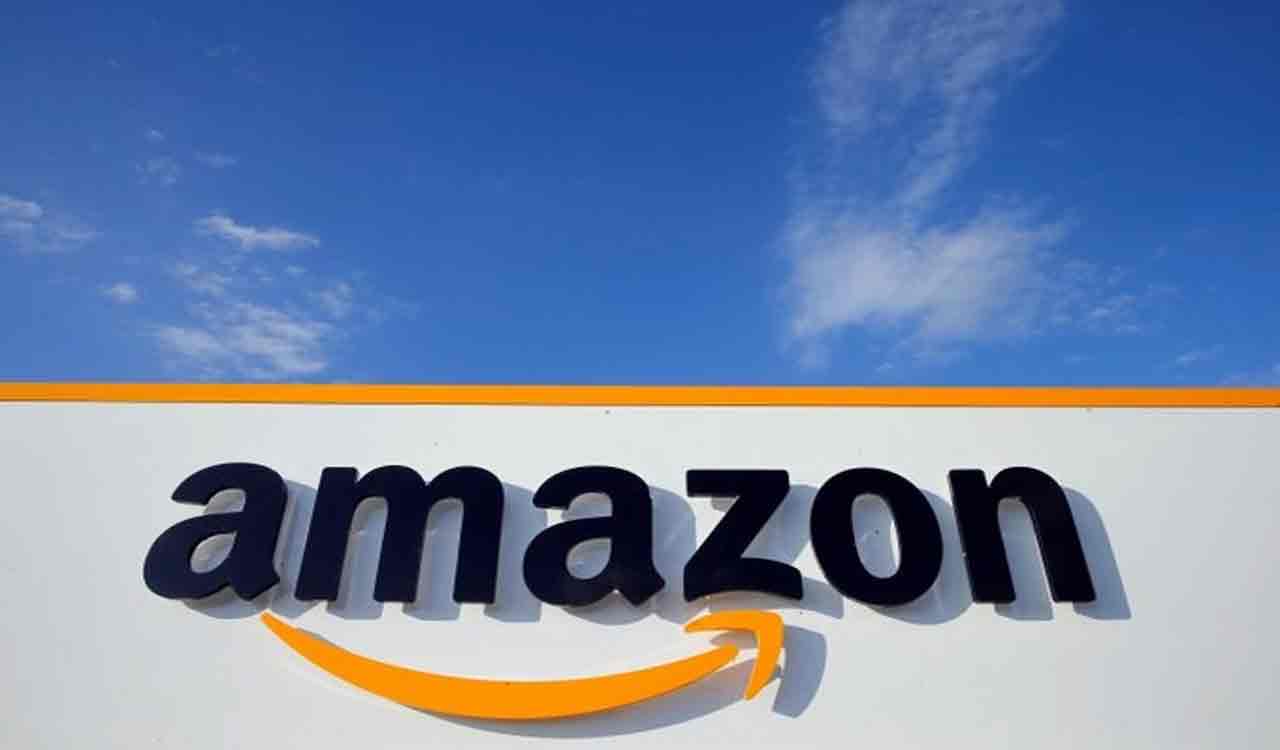Opinion: Let all retail formats coexist
The future of Indian retail lies in a hybrid model that combines the efficiency of e-commerce with the community focus of kirana stores

By Sushiila Ttiwari, D Samarender Reddy
In recent years, e-commerce has fundamentally transformed India’s retail landscape, particularly in urban areas across the country. Major players such as Zomato, Swiggy, Zepto and Blinkit are swiftly adopting business tactics inspired by local retail shops while introducing technological innovations. However, while these companies implement fast delivery and digital accessibility, their aggressive expansion increasingly sidelines traditional kirana stores that have long served as the backbone of India’s retail ecosystem. Despite the allure of quick and convenient deliveries, the unchecked growth of e-commerce is showing alarming trends — both for consumer trust and economic sustainability.
Changing Face of Retail
The retail sector in India has historically been characterised by its unique mix of traditional and modern retail formats. Kirana stores, which have been an integral part of Indian society for generations, have traditionally served as more than just retail outlets. They function as community hubs, offering personalised service, credit facilities, and a deep understanding of local preferences and needs.
According to a recent market study by the All-India Consumer Products Distributors Federation, nearly two lakh kirana stores closed across India in the past year alone. These closures show a distinct urban-rural divide, with metro cities accounting for 45% of the shutdowns, followed by 30% in Tier 1 cities and 25% in Tier 2 and 3 cities. The study revealed compelling financial data: metro-based kirana stores, which collectively include over 17 lakh shops, generated average monthly sales of about Rs 5.5 lakh. Meanwhile, Tier 1 cities, with around 12 lakh stores, brought in Rs 3.5 lakh per store per month, and Tier 2 and 3 cities, which host close to 1 crore stores, averaged Rs 2.5 lakh monthly per store.
This shift in consumer habits towards fast-delivery e-commerce giants is fundamentally reshaping India’s retail landscape. Traditional family-run stores struggle to compete with aggressive pricing strategies, including deep discounts, cashback offers and subscription-based delivery programmes that larger platforms can afford to sustain despite operating losses.
Quality Concerns, Consumer Trust
While e-commerce platforms promise convenience and competitive pricing, a growing number of customers have raised serious concerns about product quality and authenticity. Reports of compromised products have emerged across major cities, including:
• Delivery of expired products with manipulated expiry dates
• Short-weighted items (such as 700g products labelled as 1kg)
• Substandard storage conditions affecting product quality
• Mismatched product descriptions and actual deliveries
• Delayed refunds and poor complaint resolution
Recent investigations have revealed instances where popular retail chains and quick-commerce platforms were found repackaging expired products, raising serious concerns about consumer safety and business ethics. These practices not only violate consumer protection laws but also threaten public health and safety.
Digital Divide, Social Impact
The rapid digitalisation of retail has created a significant divide in Indian society. While younger, tech-savvy urban consumers embrace e-commerce platforms, significant segments of the population, including elderly citizens and those in lower-income brackets, continue to rely heavily on kirana stores. These traditional retailers offer essential services that e-commerce platforms cannot replicate:
• Personalised credit systems based on trust and community relationships
• Flexible payment options including partial payments and monthly accounts
• Custom ordering and product suggestions based on family preferences
• Emergency supplies during odd hours or natural disasters
• Support for local festivals and cultural events
Economic Implications
The decline of kirana stores has far-reaching economic implications:
• Employment Impact: Kirana stores typically employ local workers and support numerous auxiliary businesses, creating a multiplier effect in local economies.
• Supply Chain Disruption: Traditional distribution networks that depend on kirana stores face upheaval, affecting thousands of small-scale distributors and wholesalers.
• Economic Concentration: The shift towards e-commerce concentrates economic power in the hands of a few large corporations, potentially leading to monopolistic practices.
Future Trends
While the threat to traditional retail is real, some kirana stores are finding innovative ways to stay competitive in the digital age:
Hybrid Models: Forward-thinking kirana stores are adopting hybrid business models that combine physical presence with digital ordering systems. Some have partnered with delivery aggregators while maintaining their independent operations.
Inventory Management Systems: Modern point-of-sale systems and inventory management tools are helping kiranas optimise their stock levels and reduce wastage, making them more efficient.
Digital Payments: The widespread adoption of UPI and digital payment solutions has enabled kirana stores to offer cashless transactions, matching the convenience of online platforms.
Community-Based Apps: Some localities are developing community-specific apps that connect local kirana stores with customers, offering the convenience of digital ordering while maintaining personal relationships.
Regulatory Challenges, Solutions
To address these challenges, several potential solutions merit consideration:
Fair Competition Framework: Implementation of regulations that ensure level playing field between e-commerce platforms and traditional retailers.
Digital Integration: Government support for kirana stores to adopt digital payment systems and inventory management tools while maintaining their traditional strengths.
Quality Control: Stricter enforcement of quality standards across both online and offline retail channels.
Community Support Programmes: Investment in programmes that help kirana stores modernise while preserving their community-centric approach.
Balanced Ecosystem
For a nation where one crore kirana stores contribute significantly to the economy, maintaining a balanced retail ecosystem is crucial. The future of Indian retail likely lies in a hybrid model that combines the efficiency of e-commerce with the trustworthiness and community focus of kirana stores.
Supporting local stores isn’t merely about preserving tradition; it’s about maintaining economic diversity, ensuring quality and sustaining community relationships
Consumers can play a vital role by making informed choices about their shopping habits, considering not just convenience but also the broader social and economic implications of their purchasing decisions. Supporting local stores isn’t merely about preserving tradition; it’s about maintaining economic diversity, ensuring product quality, and sustaining community relationships that have defined Indian retail for generations.
As India continues its retail transformation, it’s essential that policymakers, consumers and businesses work together to create a framework that allows both traditional and modern retail formats to coexist and thrive. Only through such balanced growth can India maintain its unique retail character while embracing the benefits of technological progress.

(Sushiila Ttiwari is Managing Director and D Samarender Reddy is Director, https://7qube.com/)
Related News
-
Haiti gang attack on journalists covering hospital reopening leaves 2 dead, several wounded
19 mins ago -
21 dead as Mozambique erupts in violence after election court ruling
37 mins ago -
Cartoon Today on December 25, 2024
8 hours ago -
Sandhya Theatre stampede case: Allu Arjun questioned for 3 hours by Chikkadpallly police
9 hours ago -
Telangana: TRSMA pitches for 15% school fee hike and Right to Fee Collection Act
9 hours ago -
Former Home Secretary Ajay Kumar Bhalla appointed Manipur Governor, Kerala Governor shifted to Bihar
9 hours ago -
Hyderabad: Organs of 74-year-old man donated as part of Jeevandan
9 hours ago -
Opinion: The China factor in India-Nepal relations
10 hours ago




